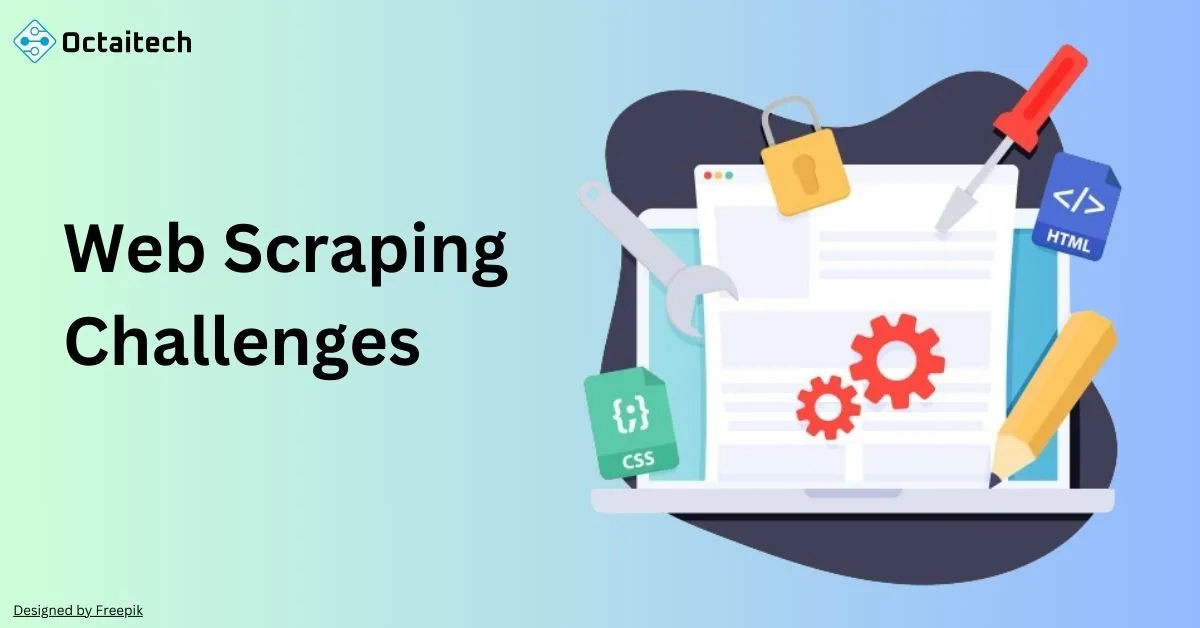
Web scraping has become a vital tool for businesses and researchers alike, enabling the collection of vast amounts of data from the internet. However, as Web Scraping Tool the practice of scraping has grown, so too have concerns about data privacy and legality. Navigating the legal landscape surrounding web scraping requires an understanding of various regulations, ethical considerations, and best practices. In this article, we’ll explore the key aspects of data privacy related to web scraping and provide guidance on how to operate within legal boundaries.
Understanding Web Scraping and Data Privacy
Web scraping involves extracting data from websites, which can include anything from product information and user reviews to social media posts and public records. While this data can provide valuable insights, it may also contain personally identifiable information (PII) or be subject to copyright protections. This raises significant legal and ethical questions about the appropriateness and legality of scraping certain websites.
Key Legal Considerations
Terms of Service (ToS): Many websites have terms of service agreements that explicitly prohibit scraping. Violating these terms can lead to legal action, including cease-and-desist orders or lawsuits. Always review a website’s ToS before scraping its content.
Robots. txt: The robots. txt file of a website indicates which parts of the site can be crawled by bots and scrapers. While not legally binding, adhering to the guidelines specified in this file is considered best practice and demonstrates respect for the website owner’s preferences.
Copyright Law: Content on websites is often protected by copyright. Scraping copyrighted material without permission can lead to infringement claims. Consider whether the data you’re scraping is protected and whether you have the right to use it.
Data Protection Laws: Various regulations govern data protection and privacy, such as the General Data Protection Regulation (GDPR) in Europe and the California Consumer Privacy Act (CCPA) in the united states. These laws restrict the collection and processing of personal data, requiring businesses to obtain consent from individuals before collecting their information. If your scraping involves PII, ensure compliance with relevant data protection laws.
Ethical Considerations
User Consent: Ethical scraping practices involve obtaining consent from users when collecting their data. If your scraping involves personal information, consider whether you can justify the collection and use of that data ethically.
Transparency: Being transparent about your data collection practices can help build trust with users and website owners. Consider disclosing your intentions when scraping data, especially if it involves sensitive information.
Impact on Website Performance: Excessive scraping can negatively impact a website’s performance, leading to slow load times or even crashes. Implementing rate limits and respecting the website’s resources is crucial for ethical scraping practices.
Best practices for Legal and Ethical Web Scraping
To navigate the legal landscape effectively, consider the following best practices when building and deploying web scrapers:
Review Legal Frameworks: Familiarize yourself with local and international laws related to data privacy and copyright. Understanding the legal landscape is essential to avoid potential pitfalls.
Consult a Legal Expert: If you’re unsure about the legality of scraping a particular site or data type, consult with a legal professional who specializes in technology and intellectual property law.
Implement Respectful Scraping Techniques:
Use robots. txt: Check the website’s robots. txt file to determine which areas can be scraped and respect those rules.
Rate Limiting: Avoid overwhelming servers by implementing delays between requests to mimic human browsing behavior.
User-Agent Headers: Include appropriate user-agent headers in your requests to identify your scraper.
Data Anonymization: If you collect PII, consider anonymizing the data to protect individuals’ identities and reduce legal risks.
Obtain Explicit Consent: When scraping personal data, strive to obtain explicit consent from users whenever possible. This not only aligns with legal requirements but also fosters trust.
Document Your Process: Keep detailed records of your scraping activities, including what data you collect, how it’s used, and any permissions obtained. This documentation can be invaluable in demonstrating compliance and ethical practices.
Conclusion
As web scraping continues to evolve, so too does the legal landscape surrounding data privacy. Understanding the complexities of data protection laws, copyright issues, and ethical considerations is crucial for anyone involved in scraping activities. By adhering to best practices and remaining informed about legal requirements, organizations can navigate the challenges of web scraping while minimizing legal risks and upholding ethical standards.
Ultimately, responsible web scraping not only benefits the scraper but also fosters a healthier ecosystem for data sharing and utilization on the internet. As you embark on your web scraping journey, prioritize legal compliance and ethical considerations to ensure your efforts are both effective and respectful of the digital landscape.
